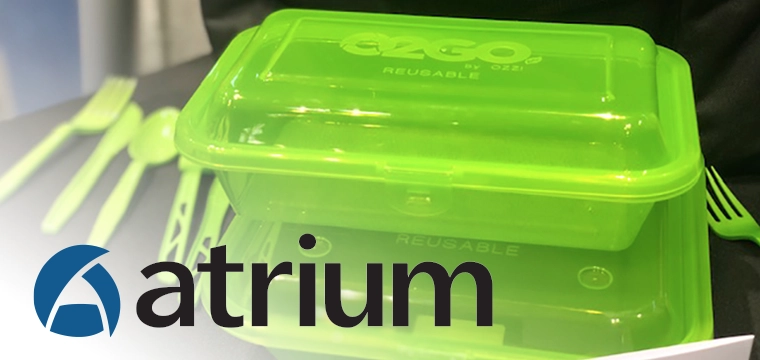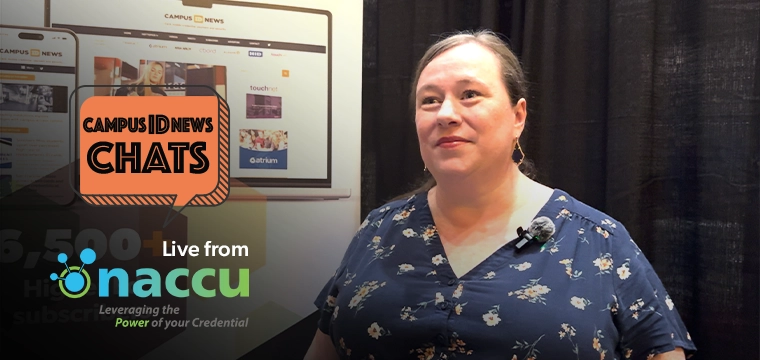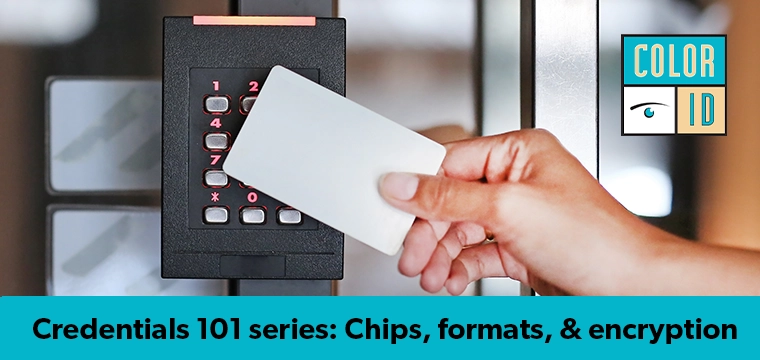
Campus card eliminates need for additional app and cashier interaction
The push to reduce or even eliminate single-use containers from campus dining is now easier for Atrium clients. Thanks to a seamless integration between Atrium and the OZZI reusable container program, the processes for both students and dining services is streamlined.
Atrium clients have been using OZZI for years, but the two systems were independent. Container check-out and check-in, lost container payment, and other processes were managed manually or via a dedicated app.
“The management of the program via the Atrium system is what is new,” says David McQuillin, Vice President of Sales and Atrium Co-Founder. “It enables the student to return the container directly to kiosk without interacting with an app or cashier.”
The token used in the container solution is an activity account based on an integer. Take a container and the account will show a one. Return it and the account goes back to zero.
In essence, the Atrium system debits a cardholder account when a container is taken and credits the account upon return. This can be done using a token or a dollar value.
Butler will be the first client to go live with the new integrated option. The implementation is currently underway at the Indiana institution.
Students purchase or receive a token to use in the container program. When they order a meal in a container or pick one up in the dining hall, the token or dollar amount is debited from their Atrium account.
When they are ready to return it, they tap or swipe their ID card at the OZZI kiosk and insert the container in the slot. At that point, the token or dollar amount is credited back to their Atrium account.
The Atrium platform has three types of accounts – meal, declining balance, and activity accounts. Activity accounts are used for things like event management and item tracking.
We all know it is great for the environment but when you look at the economics of it, the payback is compelling. I thought wow, everybody should be doing this.
“The token used in the container solution is an activity account based on an integer,” explains McQuillin. “I take the container and my container account will show a one, and when I return it the account goes back to zero.”
If a container has not been returned after some period of time, the school can charge for it via the student’s declining balance account.
Though it is less common, McQuillin says they can also support a mode where the user’s declining balance account is charged directly when a user takes the container and refunded when it is returned.
OZZI presented at Atrium’s recent user conference, discussing the program, the sustainability advantages, and the ROI. McQuillin says he was struck by the economics of moving away from single use to reusable.
“We all know it is great for the environment but when you look at the economics of it, the payback is compelling,” he notes. “I thought wow, everybody should be doing this.”
For clients using other single use container solutions, Atrium can also support their efforts toward sustainability.
In addition to OZZI, the company works with container solution providers, Usefull and Reusables. “Its part of our special sauce,” says McQuillin. “We never have just one flavor of something.”




